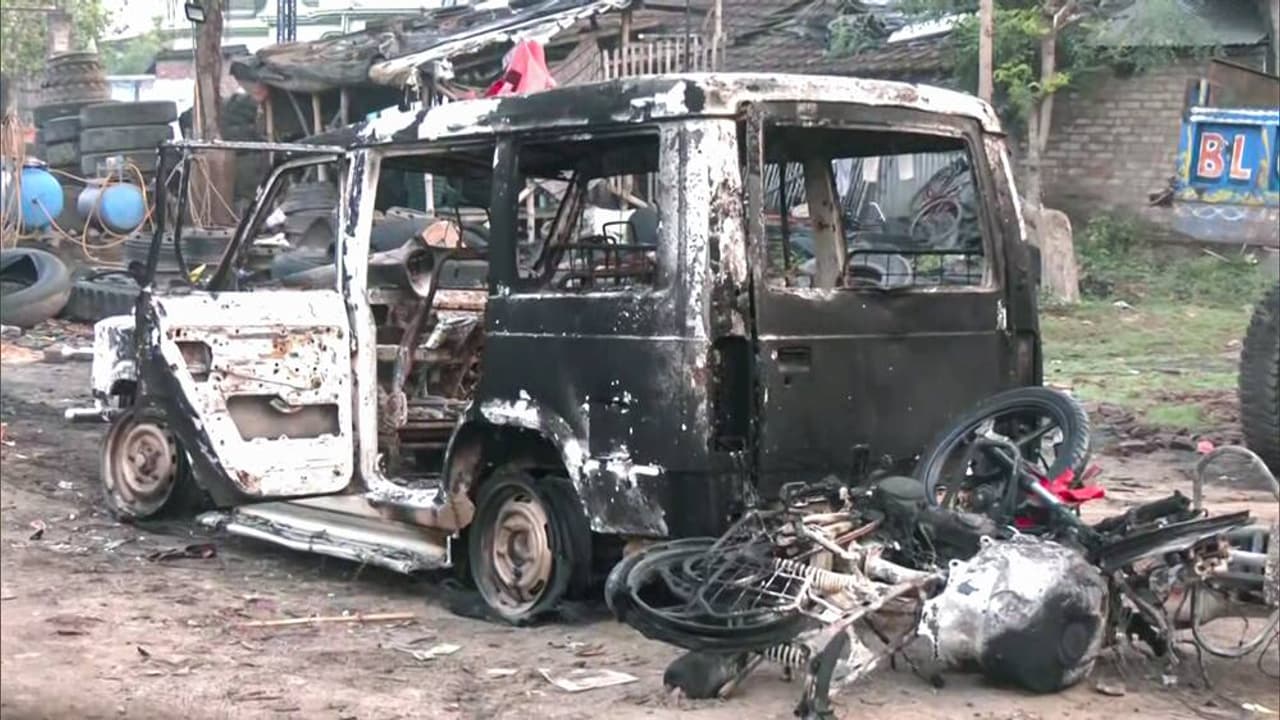BSF intelligence links Murshidabad violence to Bangladeshi terror groups JMB and ABT. The Home Ministry has deployed BSF and CRPF to control unrest as locals thank security forces for restoring calm.
A preliminary intelligence report from the Border Security Force (BSF) has pointed to the involvement of Bangladeshi terrorist outfits Jamaat-ul Mujahideen Bangladesh (JMB) and Ansarullah Bangla Team (ABT) in the recent wave of violence in West Bengal’s Murshidabad district.

Government sources revealed that the banned organisations used sleeper cells in India to instigate and orchestrate the unrest. According to the BSF report, these groups made several video calls to young residents—aged between 12 and 25—in border villages of Murshidabad, inciting them to violence.
The two groups, known for their anti-India activities, had been previously banned both in India and Bangladesh. However, following the resignation of Bangladesh Prime Minister Sheikh Hasina and the establishment of a caretaker government led by Nobel laureate Mohammad Yunus in August last year, the ban on JMB and ABT was reportedly lifted. Their leaders were subsequently released from prison.
The intelligence points to renewed activity by these groups, especially along the India-Bangladesh border, with a focus on exploiting the ongoing tensions related to the Waqf (Amendment) Act in West Bengal.
In response to the escalating violence, the Union Home Ministry deployed nine companies of BSF and six of the Central Reserve Police Force (CRPF) across affected areas. Union Home Secretary Govind Mohan personally contacted West Bengal’s Home Secretary and DGP, assuring full support to restore normalcy.
Additional Director General of BSF’s Eastern Command, Ravi Gandhi, has been monitoring the ground situation in Murshidabad since Monday. Local residents in the area have welcomed the presence of central forces, noting a visible decline in violent incidents.


